HyPT-1
The International Forum on Hydrogen Production Technologies (HyPT) was held at the Sanctuary Function Centre, Adelaide Zoo, Australia on Monday September 23, 2019.
A global focus on decarbonisation is driving demand for low-carbon energy solutions and rapid innovation in hydrogen production technologies. The HyPT Forum brought together stakeholder groups to determine drivers, opportunities and barriers for the most promising, emerging technologies.
Our aim at HyPT 2019 was to define the most promising pathways to CO2-free hydrogen production for the transport and energy industries.
Speakers introduced and led the discussion on what we think are the most important matters today, if hydrogen is to play a big role in the future.
The forum explored, through expert opinion and discussion, the future of Hydrogen production technologies, including:
- the drivers, barriers and opportunities for a thriving hydrogen production industry in Australia
- envisioning what success would look like in progressively expanding cost-competitive hydrogen markets
- the ways in which emerging technologies could drive costs down in CO2-free hydrogen production
- the key barriers to further cost reduction of CO2-free hydrogen
- the role government, researchers and industry play in enabling the pathway to cost-competitive hydrogen.
The forum was organised by the University of Adelaide’s Centre for Energy Technology and is supported by the South Australian Government.
Forum themes
- State of Affairs. What is the current state of hydrogen production technologies globally? And what is their future potential?
- Blue and Green Hydrogen Technologies, such as:
- Hydrogen from Water. What is the current state of technologies that use renewable energy to extract hydrogen from water? How widely are they being researched, and where? We’ll discuss their readiness levels (TRLs), scalability, costs and future potential.
- Hydrogen from Fossil or Biomass Sources. What is the current state of technologies that use fossil fuels and natural sources? Are they being used by industry? What are their TRLs, scalability, costs and carbon footprints?
Ms Alison Reeve, Taskforce Leader for Australia’s National Hydrogen Strategy

Alison Reeve is the Taskforce Leader for Australia’s National Hydrogen Strategy. She has 15 years' experience in climate change and clean energy policy and technology, in the private, public and not-for-profit sectors. In 2018, Alison led the establishment of the Mission Innovation Hydrogen Challenge, a research, development and demonstration collaboration between 14 countries. She sits on the Board of the Australia-Germany Energy Transition Hub and is a government observer on the Board of Hydrogen Mobility Australia. She has a Bachelor of Engineering from the University of Queensland and a Masters of Public Policy from the Australian National University.
Mr Richard Day, Director Low Carbon Industry Development, Dept. for Energy and Mining, Government of South Australia
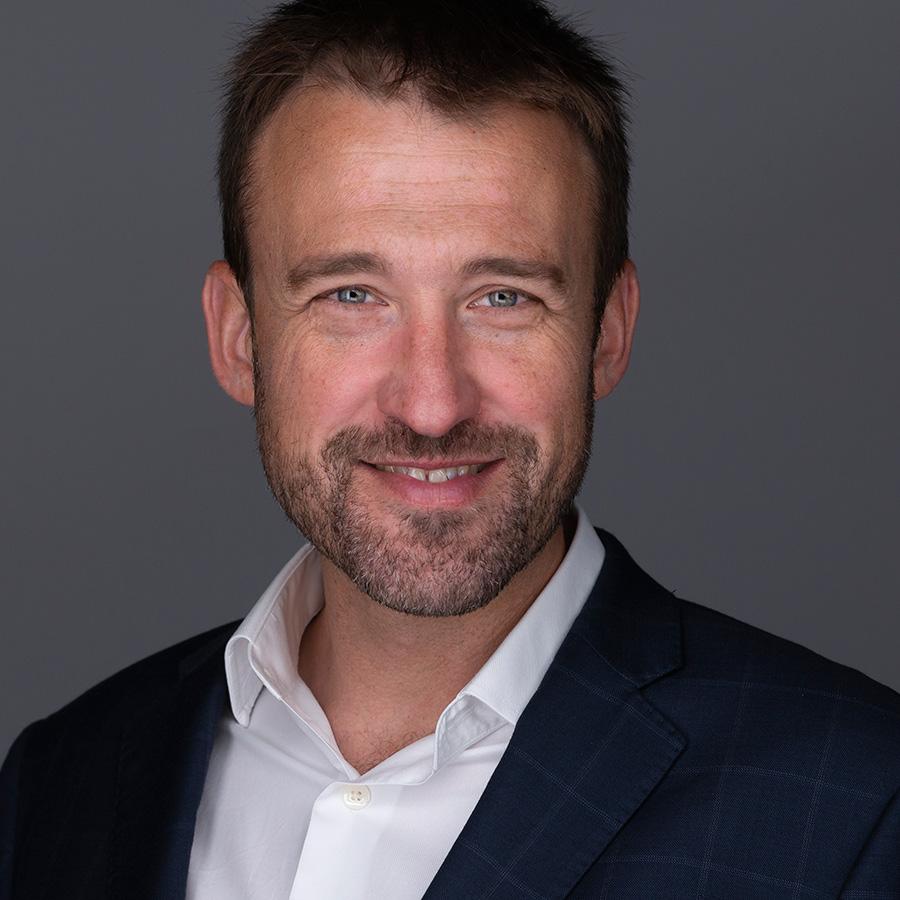
Since joining the South Australian Government in 2001, Richard Day has worked across the energy, climate change, industry development and low carbon economy portfolios. Richard heads up a team within the Department of Energy and Mining charged with capturing the investment and industry development opportunities associated with the State’s transition to clean energy. His current area of focus is on attracting and growing industries that capitalise on South Australia’s low-cost renewable energy resources, including use of batteries and other forms of energy storage, hydrogen and green chemical production, mining and green minerals processing, the electrification of mobility, and associated value chains.
Richard has spearheaded the development and implementation of a Hydrogen Roadmap for South Australia, which was released in September 2017. He is also a significant contributor to the development of Australia’s National Hydrogen Strategy, including through co-chairing the kick start project relating to the greater use of hydrogen in gas networks, and participating in international engagement activities.
Prof Christian Sattler, German Aerospace, DLR
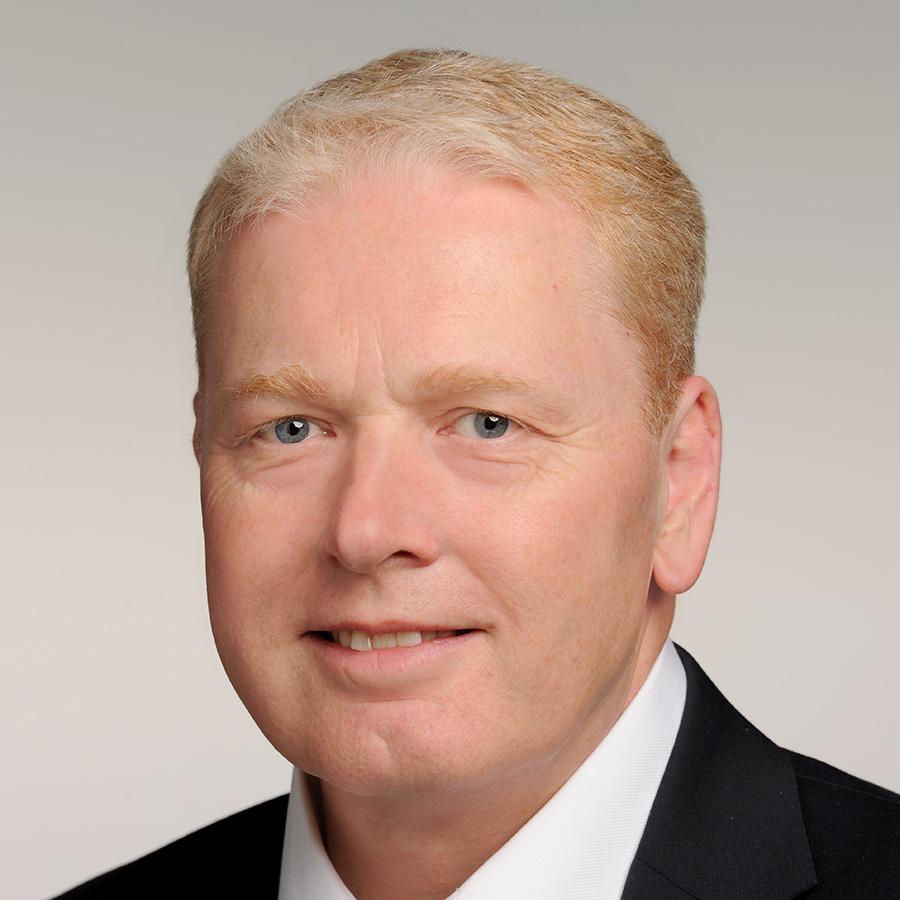
Christian Sattler is head of Solar Chemical Engineering at the DLR's Institute of Solar Research and Professor at the Technical University of Dresden. The focus of his work is the production of fuels, especially hydrogen, by solar thermo- and photochemical processes. He also works on high temperature processes for the production of metals, sulfuric acid and cement. He is VP of the Asc. Hydrogen Europe Research and the national representative for tasks under the IEA’s SolarPACES and Hydrogen Implementing Agreements.
Prof Kazunari Domen, The University of Tokyo
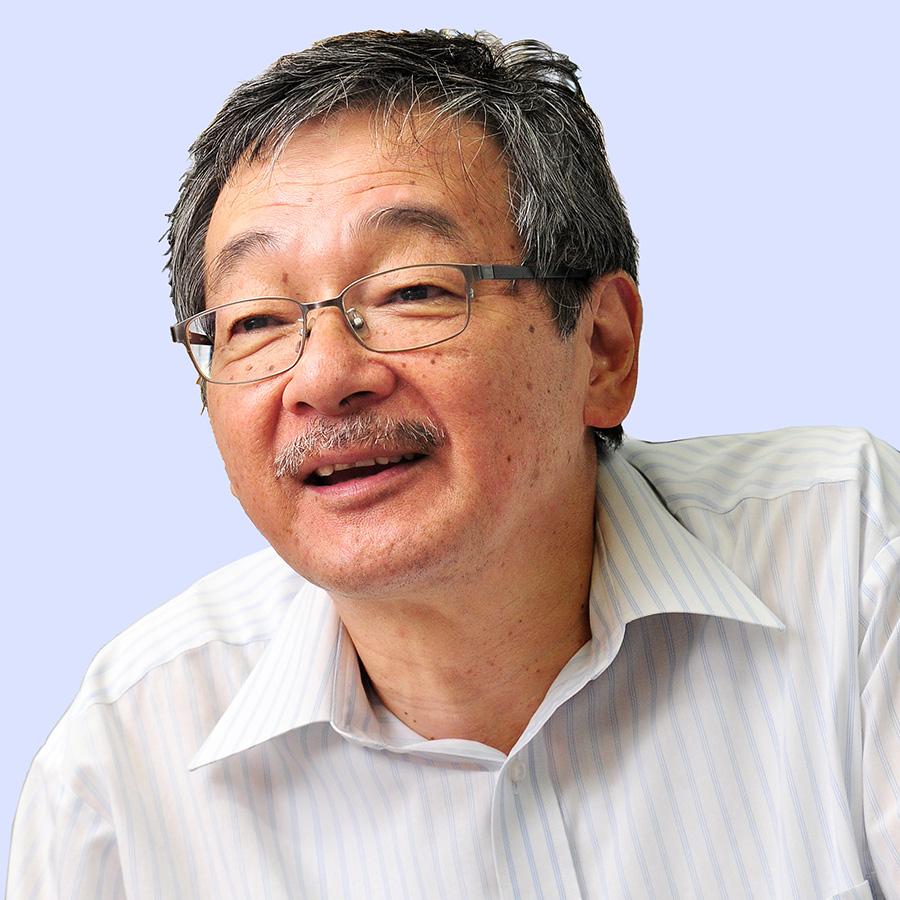
Kazunari Domen has been working on overall water splitting reaction on heterogeneous photocatalysts to generate clean and recyclable hydrogen. His research interests include heterogeneous catalysis and materials chemistry, with particular focus on surface chemical reaction dynamics, photocatalysis, solid acid catalysis, and mesoporous materials. He has published more than 700 original and review papers and h-index is about 180. He is also Special Contract Professor, Research Initiative for Supra-Materials, at Shinshu University.
Dr K. Andreas Friedrich, Head of Electrochemical Energy Technology, German Aeospace Center, DLR
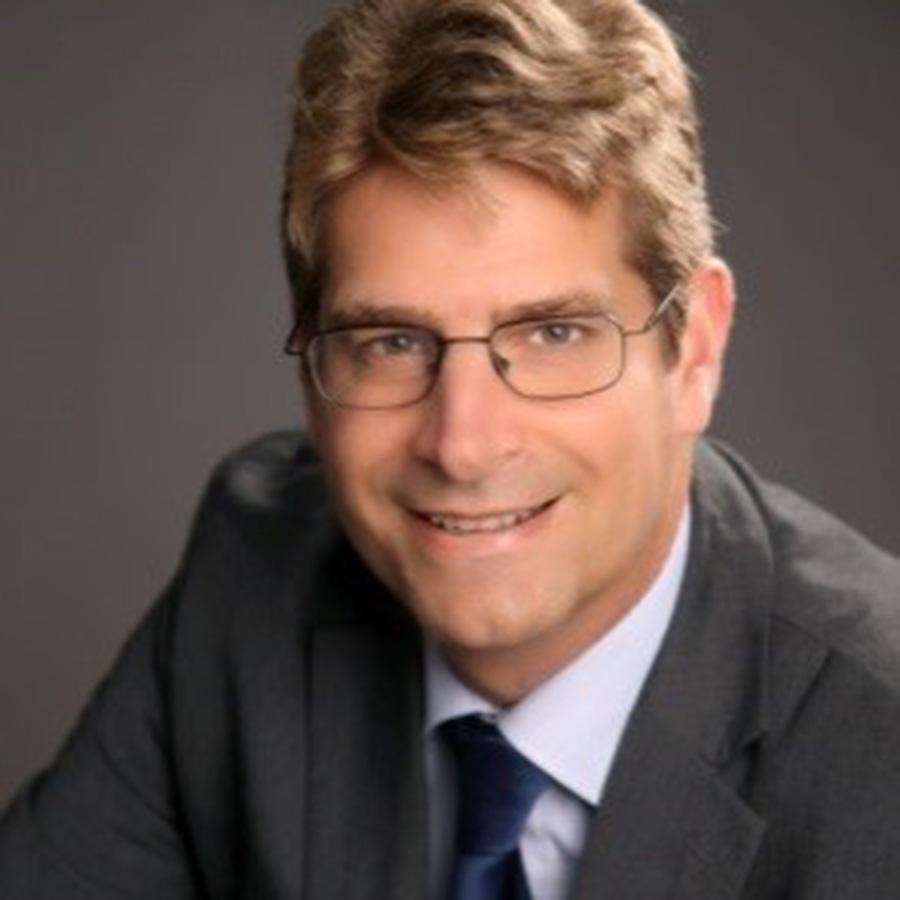
Dr. K. Andreas Friedrich is a Professor of Mechanical Engineering at University of Stuttgart and the Head of the Electrochemical Energy Technology Department at the German Aerospace Center (DLR) in Stuttgart, Germany. His research areas are electrochemical energy conversion and storage, in particular polymer electrolyte membrane (PEM) and solid oxide (SOC) fuel cells and electrolysis, advanced Li and Mg batteries, and system design. Dr. Friedrich has authored and coauthored about 200 peer reviewed papers. He received the Fischer medal (Dechema) in 2009 and the Ertl prize 2014 for his scientific work.
In 2004, he joined the DLR and University of Stuttgart heading the group focusing on electrolysis, fuel cells and advanced batteries. Priorities are polymer membrane and solid oxide technology as well as “beyond Li-ion” technology in batteries. The primary goals of the group comprise enhanced power density, long lifetime, reduction of precious materials and manufacturing costs, identification of degradation mechanisms in stacks and their prevention, advanced stack design, and optimised integration of fuel cells into energy supply systems.
Prof Piero Salatino, University of Naples
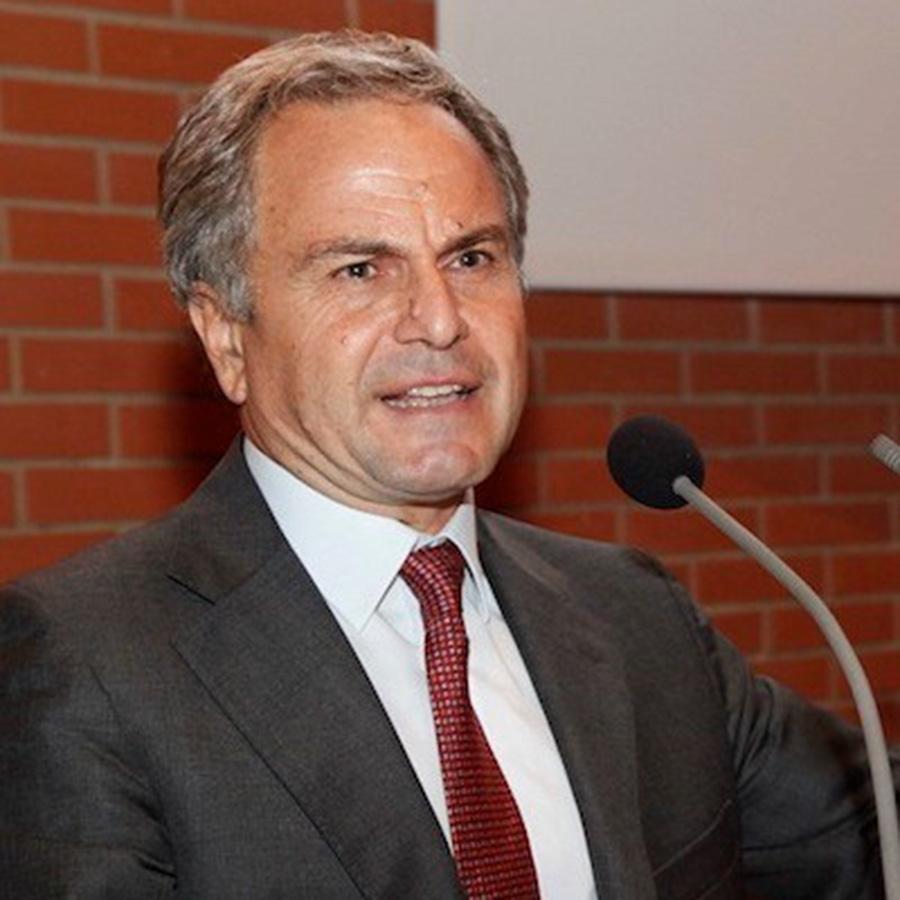
Piero Salatino is Professor of Chemical Engineering and Chairman of the School of Polytechnic and Basic Sciences at Università degli Studi di Napoli Federico II, Italy. Multiphase chemical and biochemical reaction engineering, fluidization and fluid particles systems, powder handling and processing, bioprocess engineering are his main fields of expertise, mostly directed toward energy and environmental engineering applications. In the general frame of “regenerative chemistry” he has undertaken several research projects on exploitation of concentrated solar power for thermochemical energy storage and production of chemicals.
Dr Wes Stein, Chief Technologist, Australian Solar Thermal Research Institute (ASTRI)
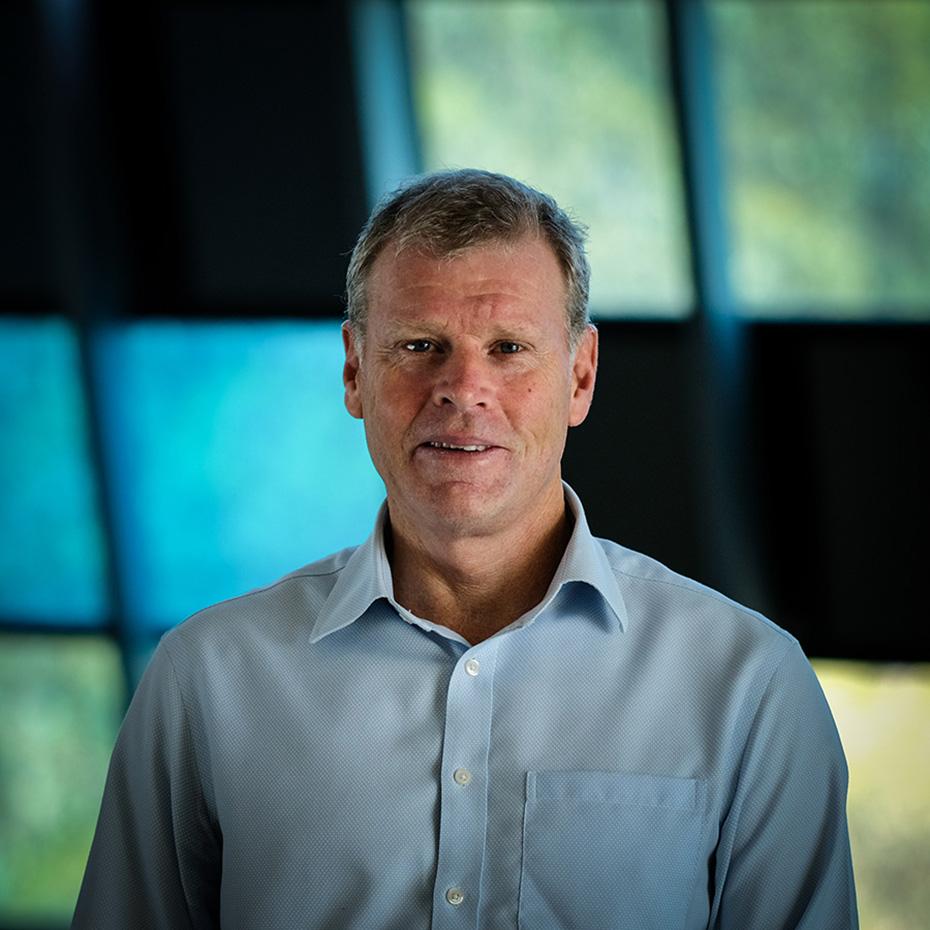
Dr Wes Stein has extensive experience in the energy and power industry with a strong background in thermodynamic cycles. Prior to his role as Chief Technologist with the Australian Solar Thermal Research Institute (ASTRI), Wes was the Chief Scientist in Solar Energy at CSIRO. He joined CSIRO in 2000, after 19 years implementing renewable energy projects with industry, working in power station operation, maintenance and design. On commencing with CSIRO, Wes began looking at how to improve solar energy technology, which led to pioneering work with colleagues, on low-cost, high-performance heliostats.
Prof Mike Young, the University of Adelaide
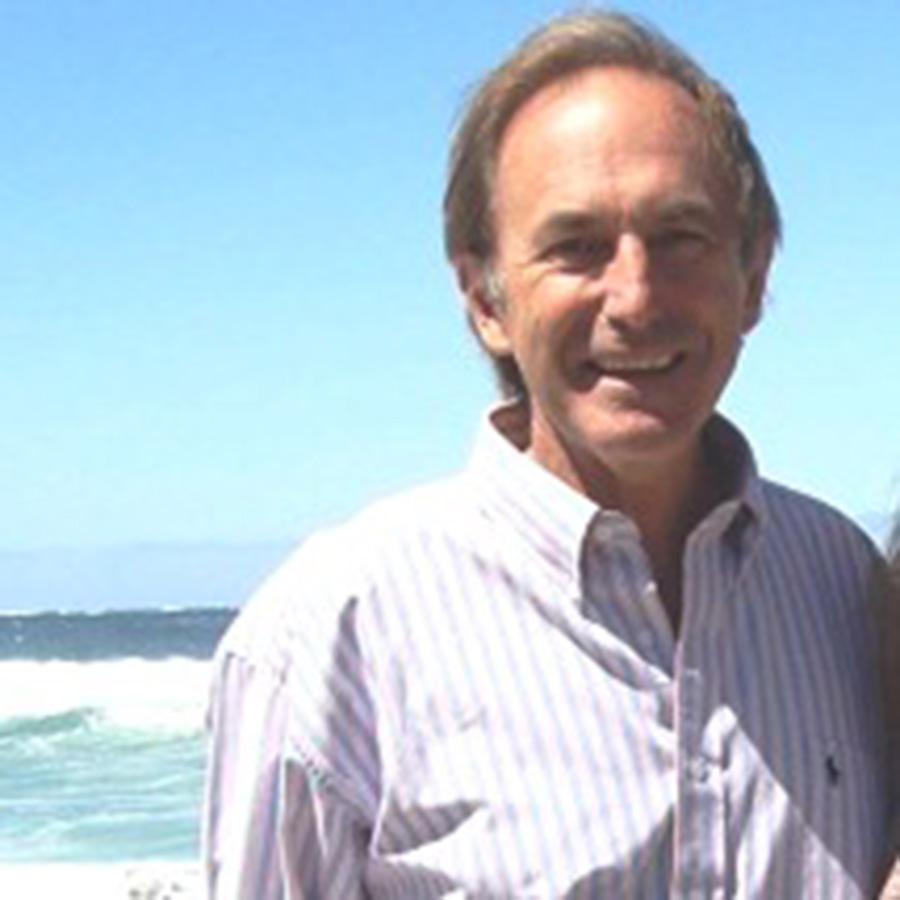
Mike Young holds a Research Chair in Energy, Water and Environmental Policy at the University of Adelaide and is a member of the university's Centre for Global Food and Resources and the emerging Future Fuels CRC, where he is leading the policy dimensions of a search for affordable ways to transition to a low-carbon economy.
One of the publicly acknowledged architects of Australia’s water entitlement and allocation systems, Mike was the Founding Executive Director of the University of Adelaide’s Environment Institute, is a fellow of the Academy of Social Sciences in Australia, and is a Distinguished Fellow of the Australian Agricultural and Resource Economics Society.
Mr Darren Miller, ARENA
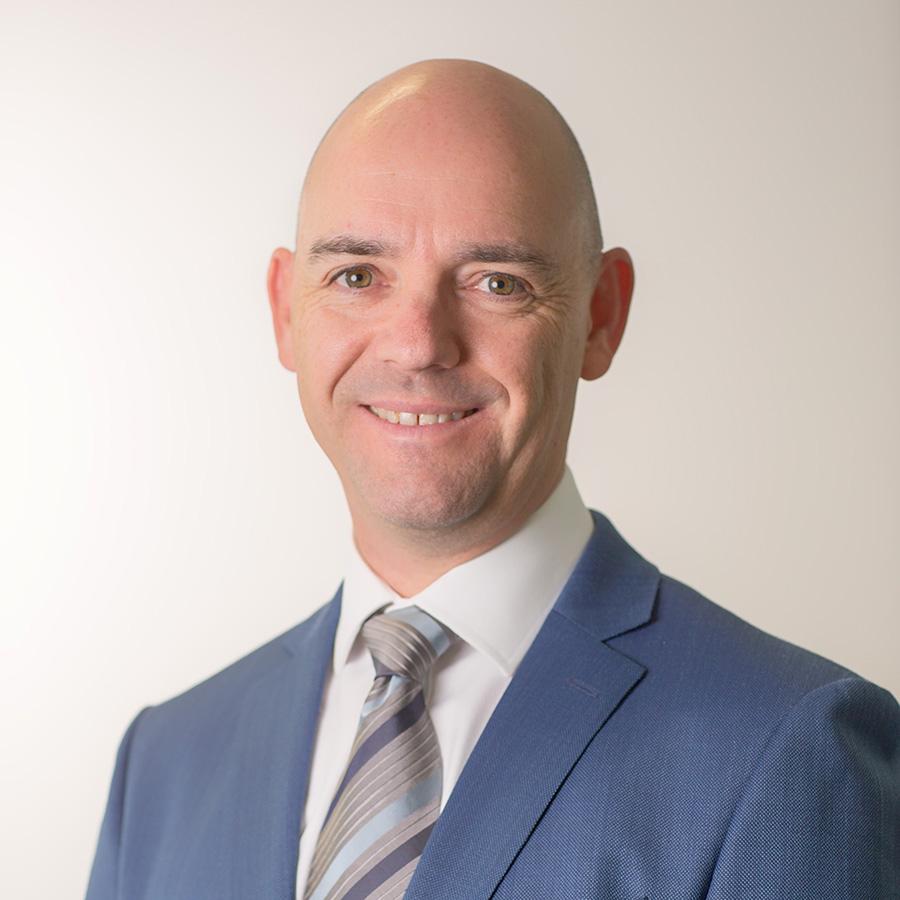
Darren Miller is the CEO of the Australian Renewable Energy Agency (ARENA). He has more than 25 years’ experience across a range of sectors including renewable energy, electricity retail, technology, finance, media and entertainment.
Darren was co-founder and CEO of Mojo Power, an innovative electricity retailer, from 2015 until July 2018. He was previously the Director of Asset Finance at Sungevity Australia in 2014, and co-founder and CEO of Sumwise, a technology and services company from 2007 to 2013. He has also worked as an investment manager for for Publishing and Broadcasting Limited (PBL) and Consolidated Press Holdings (CPH) and roles at New Zealand Natural and Ernst & Young.
Dr Attilio Pigneri, CEO, H2U
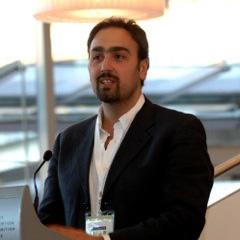
Attilio Pigneri is a co-founder and CEO of H2U, a specialist developer of hydrogen infrastructure initiatives for sustainable mobility and renewable energy storage.
Atillio is a professional mechanical engineer from Italy, with Masters and PhD-level qualifications in energy engineering and energy-environmental issues, and 20 years of consulting experience, in the provision of strategic, technical advisory and due diligence services for a wide range of hydrogen and fuel cells initiatives in Europe, the US and Japan.
He is the current President of the Australian Association for Hydrogen Energy (AAHE), and was the Chairman of the successful World Hydrogen Technologies Convention, held in Sydney in October 2015. Attilio also serves on the AEMO Expert Panel and was part of the steering committee on the CSIRO National Hydrogen Roadmap.
Mr David Norman, CEO, Future Fuels CRC

David Norman is an executive with over 25 years of experience in the energy industry. He is currently CEO of the Future Fuels CRC and previously the Energy Pipelines CRC. Prior to these research management positions, David worked for over 20 years at Shell Australia in an array of strategic, commercial and operational roles both in refining and distribution of petroleum products, in Australia and the Asia-Pacific region. He was Head of Strategy and Business Development for Shell Downstream focusing on a wide portfolio of initiatives to analyse the Future of Energy options and deliver lower carbon products to customers. He also led the introduction of a new business unit to introduce LNG to Transport within Australia.
Dr Daniel Roberts, Director, Hydrogen Energy Systems Future Science Platform, CSIRO
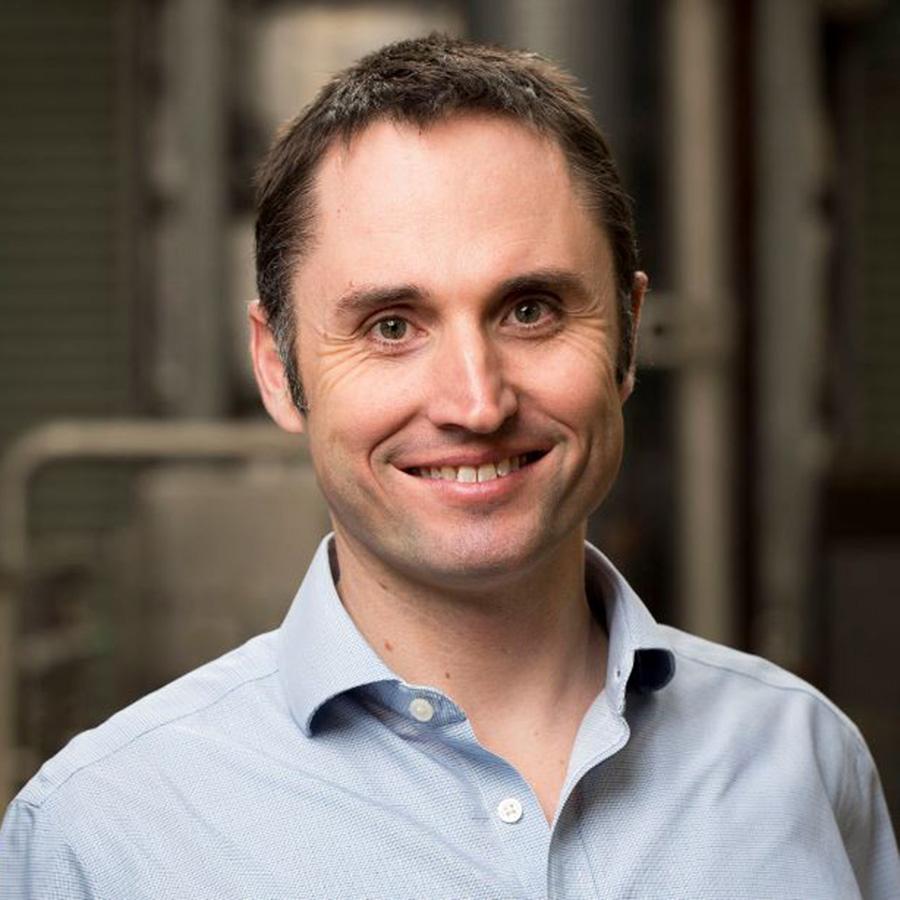
Daniel Roberts is the Director of CSIRO’s Hydrogen Energy Future Science Platform, a CSIRO initiative driving new science and technology development in support of the emerging Australian hydrogen industry. Prior to this role, Daniel led CSIRO’s thermal and electrochemical research programs, and he continues to play a senior role in CSIRO’s gasification RD&D activities.
Mr Warner Priest, Business Development Manager, Siemens
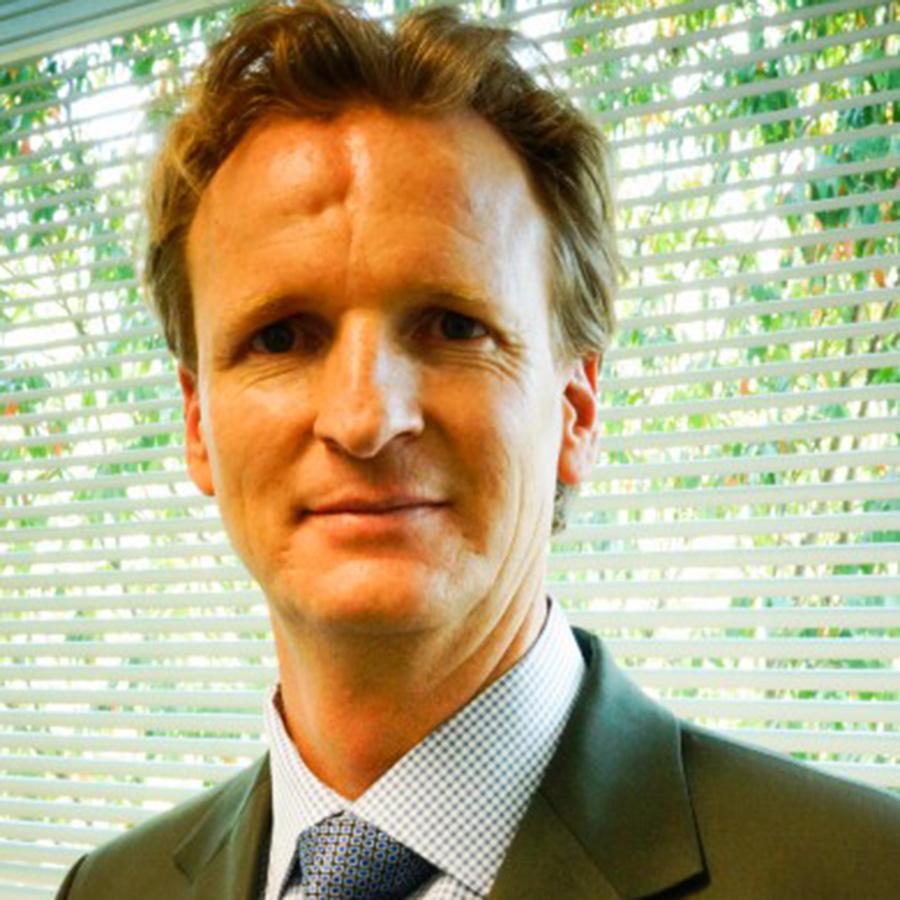
Warner Priest is the Business Development Manager for Emerging Technologies in the Energy Management Division within Siemens Australia. He is a member of CIGRE having previously served as committee member of panel AP B5.
Warner’s field of expertise stem from 26 years of experience in the power generation, transmission and distribution environment, with a focus on making energy systems smarter and cleaner.
He has a global view of energy applications for utilities, oil and gas, industry, metals and mining, renewable energy, micro-grids, renewable hydrogen production and large scale energy storage, with extensive experience in the field of power systems ranging from 400V up to and including 400kV.
Mr Alberto Litta, Head of Technology and Design, ENGIE
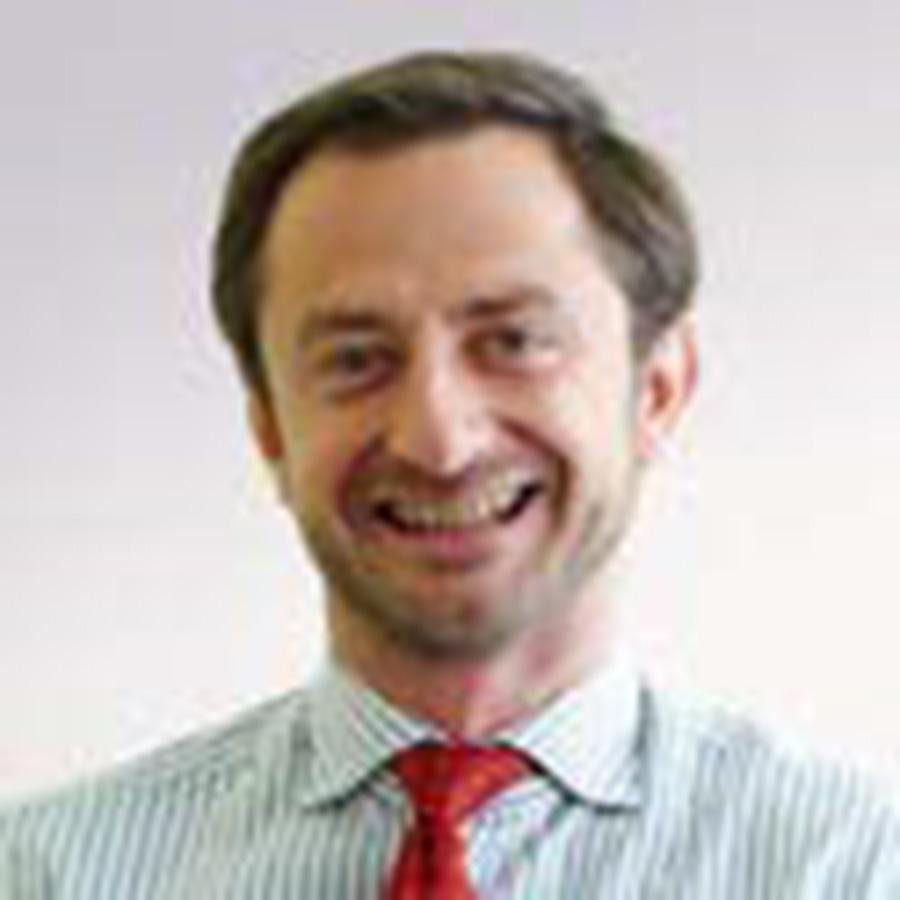
Alberto Litta is EVP – Head of Technology and Design of the newly created BU Hydrogen at ENGIE, where he is in charge of developing, building and operating large-scale renewable based hydrogen facilities.
Alberto has worked as a senior manager in the energy sector for 20 years, mostly in roles with the ENGIE group, in charge of large units executing projects around the world in the fields of wind, solar, thermal power and natural gas.
Mr Vinod Patel, Project Manager, Yara Pilbara
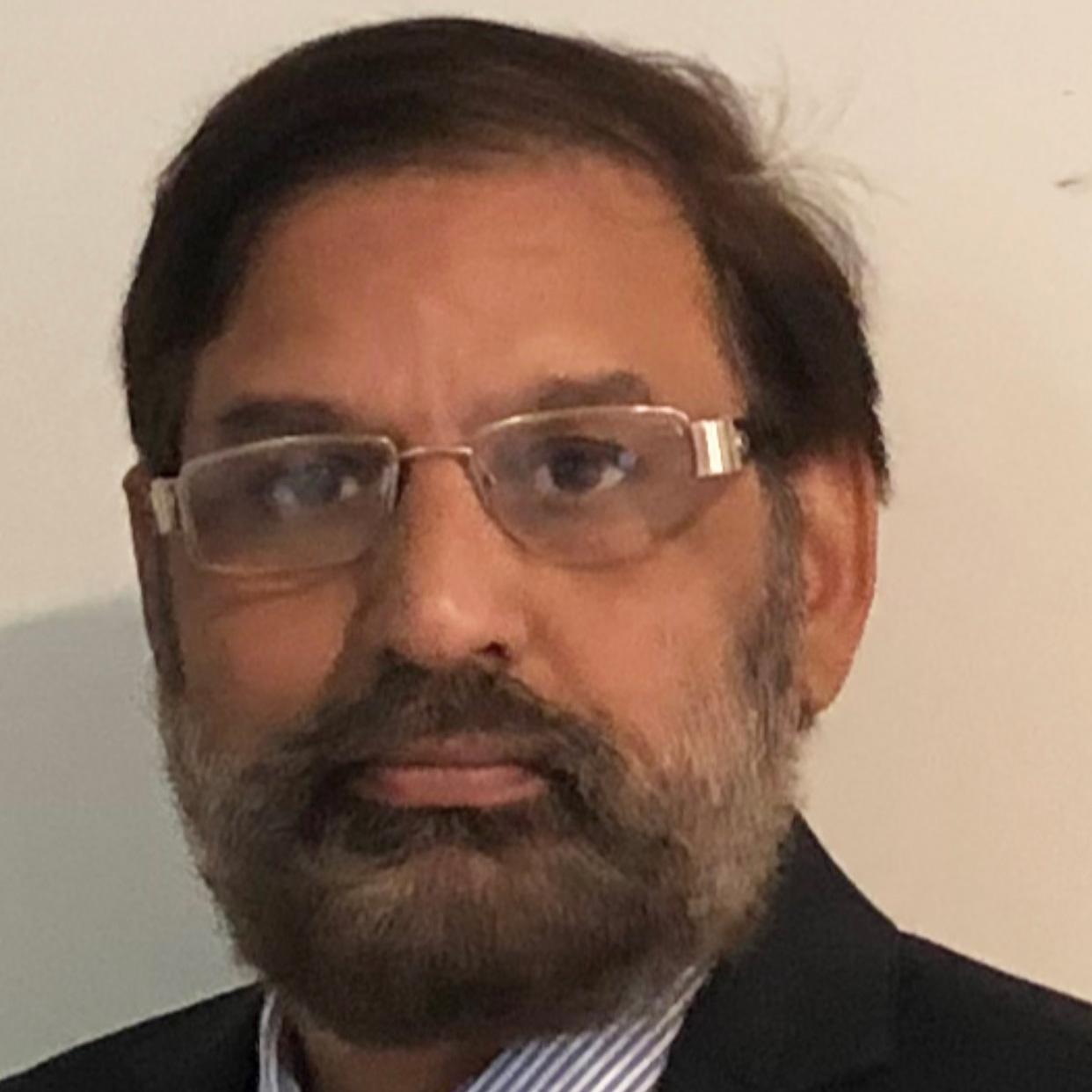
Mr Vinod Patel is a Senior Technical and Business Development Officer at Yara Pilbara's operations in Karratha, WA, responsible for technical, innovation, and business development work. He project manages Yara's Green Hydrogen - Green Ammonia project in the Pilbara.
Vinod has more than 33 years of experience working in key leadership and management roles for world-scale process industries, such as fertilizer and petrochemical complexes in India and Australia. Has effectively managed plant operations, process engineering and project work with major area of work in ammonia and hydrogen operations, and has a particular interest in renewable energy, innovation and business development.
Ms Rachelle Doyle, New Energy Program Manager, Woodside
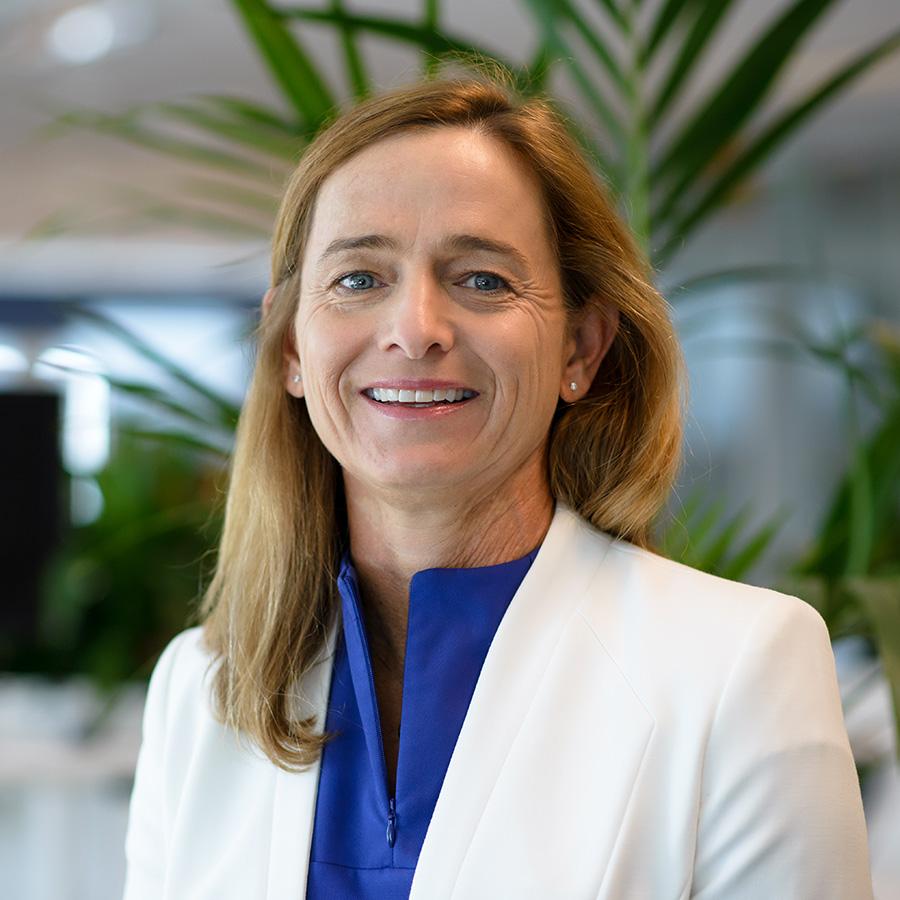
Rachelle Doyle is the New Energy Program Manager in Woodside’s Technology Function and has over 20 years’ experience within global businesses including Woodside, Chevron, BHP Billiton and Alcoa. Rachelle has worked in system design, commissioning and operations in complex and profit conscious environments. Roles have included process engineering and project management for operations and projects for the minerals, and oil and gas sectors; technology development and implementation and strategic improvement projects for process safety. Rachelle also chairs the Standards Australia ME-093 Hydrogen Technologies committee.
Assoc Prof Simon Smart, University of Queensland
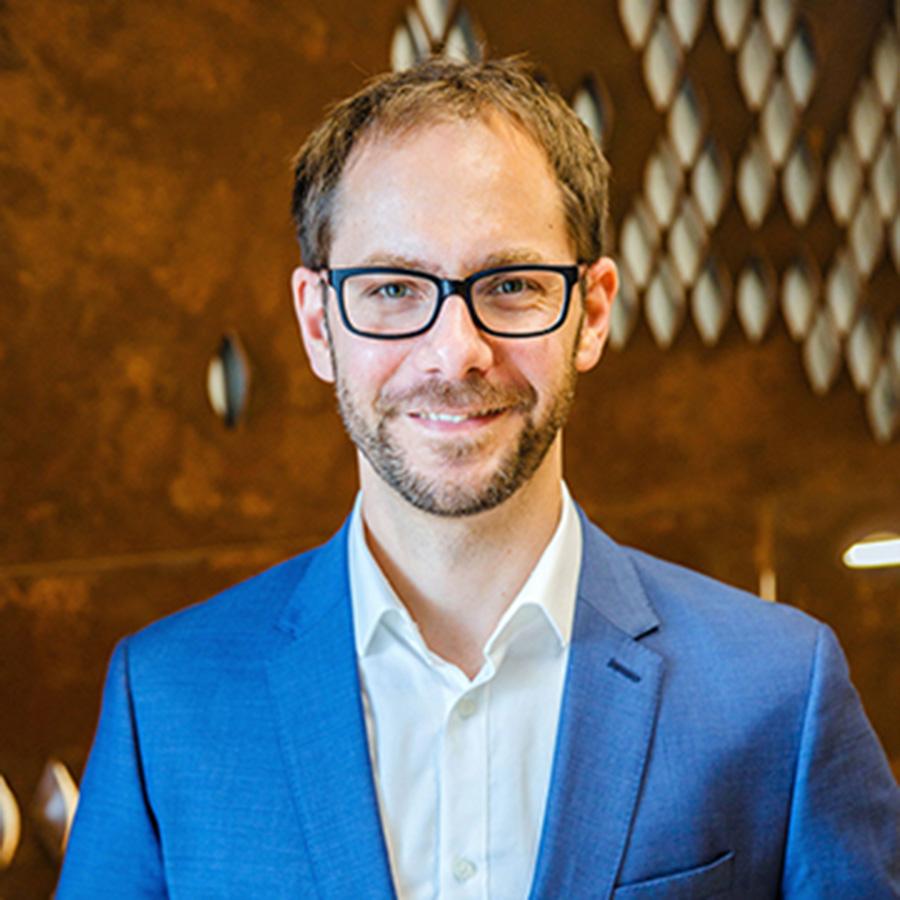
Simon Smart is an Associate Professor in the School of Chemical Engineering, Senior Research Fellow in the Dow Centre for Sustainable Engineering Innovation and Director of the Functional Interfacial Materials and Membranes Laboratory (FIM2Lab) at the University of Queensland.
His research is centred on the sustainable production and use of energy and chemicals, encompassing two distinct research programs. The first research program is technical in focus - the development of enabling technologies and processes for the production of clean energy, materials and water. The second is much broader - analysing the role of energy in society to answer critical questions, such as, how fast can we decarbonise the global economy, and what are the links between energy access, affordability and human centred outcomes, to name a few.
Mr Mark Edwards, Chief Operating Officer, Hazer Group
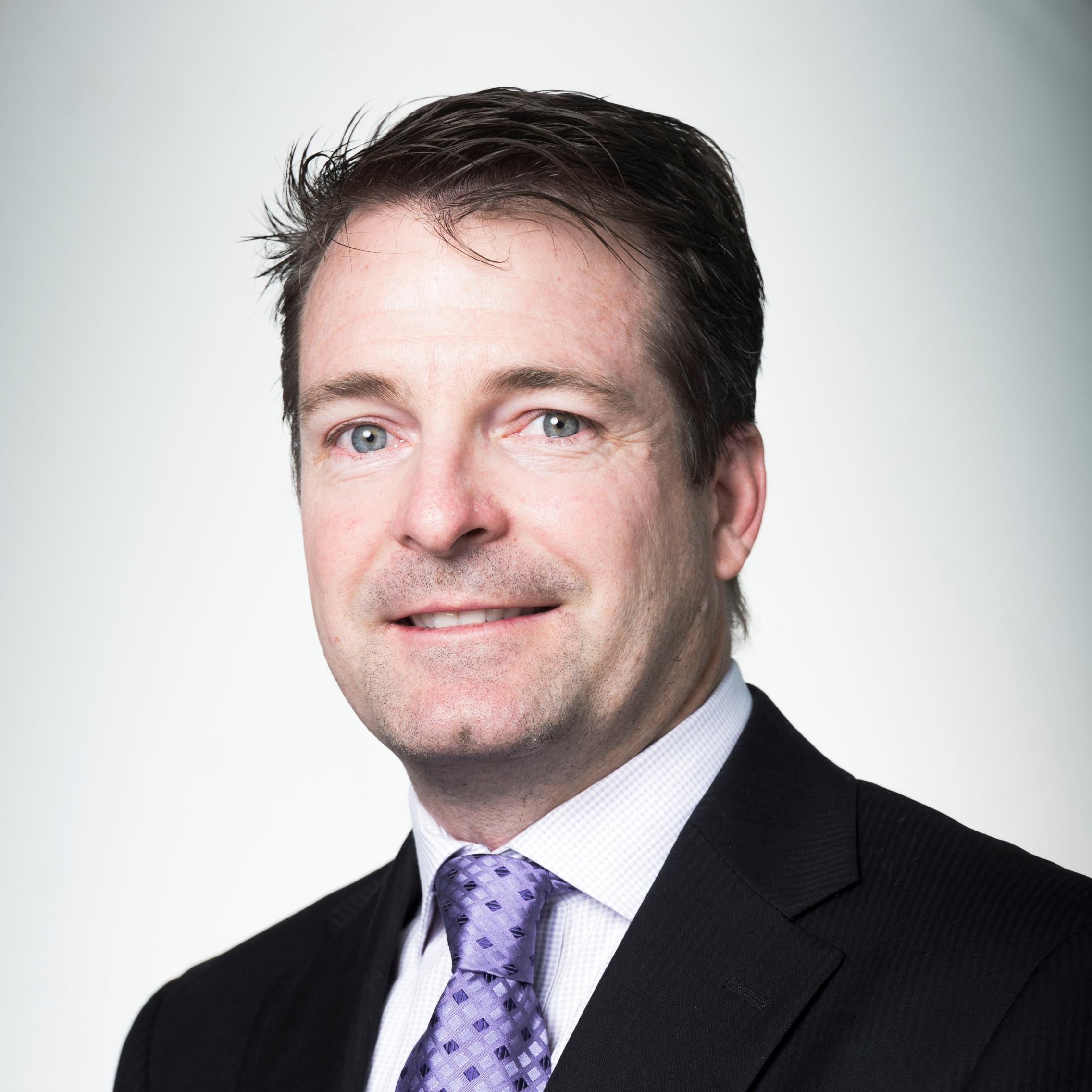
Mark is Chief Operating Officer of Hazer Group and possesses 25 years’ industry experience in engineering design and management, project management, site maintenance, construction, commissioning and processing plant operations. His experience has been gained through various refineries worldwide in both Greenfield and Brownfield capital projects.
Mark is a technical specialist with a heavy focus on delivery of complex projects and new technology development, ranging from small $1m capital upgrades to $1b Alumina refinery projects.
Mr Hirofumi Kawazoe, Assistant Manager, Kawasaki Heavy Industries
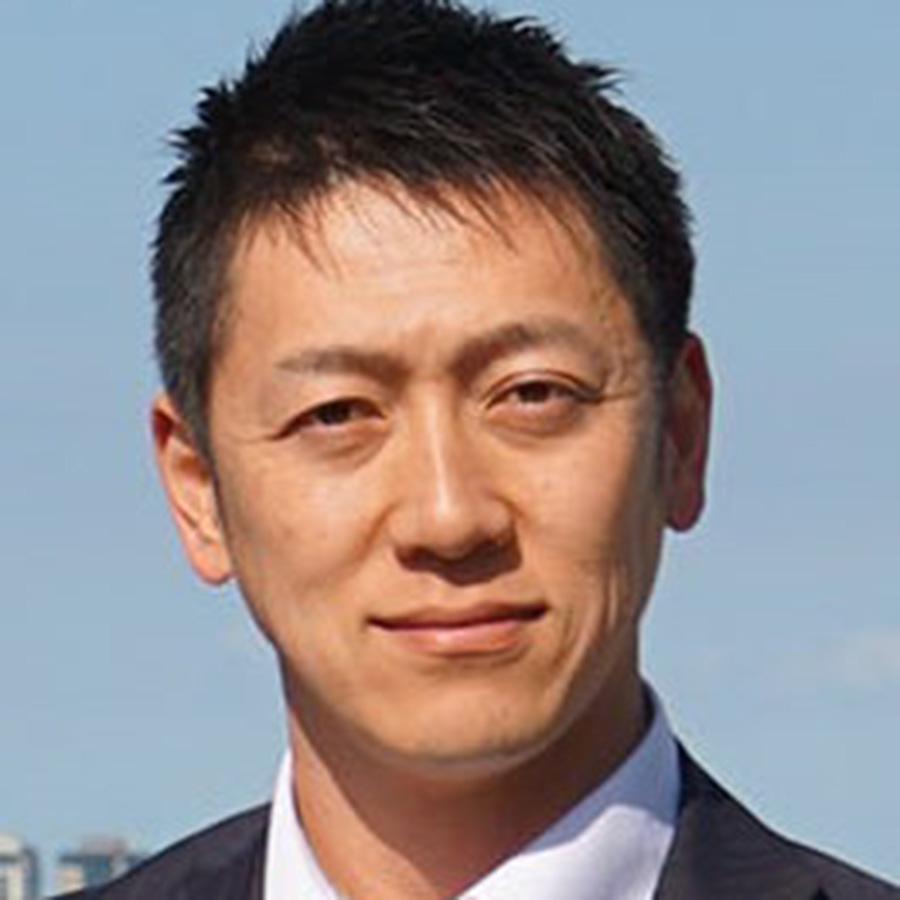
Mr Hirofumi Kawazoe is the Assistant Manager of Kawasaki Heavy Industries with over 10 years of experience in engineering design. He has designed N2 Generator and Air Separation Unit instrument equipment, including control valves, equipment and a DCS program, before working in hydrogen technologies. In 2018, Mr Kawazoe was seconded as Engineering Manager of Hydrogen Engineering Australia (HEA) and is currently focused on the Hydrogen Energy Supply Chain project in Victoria.
